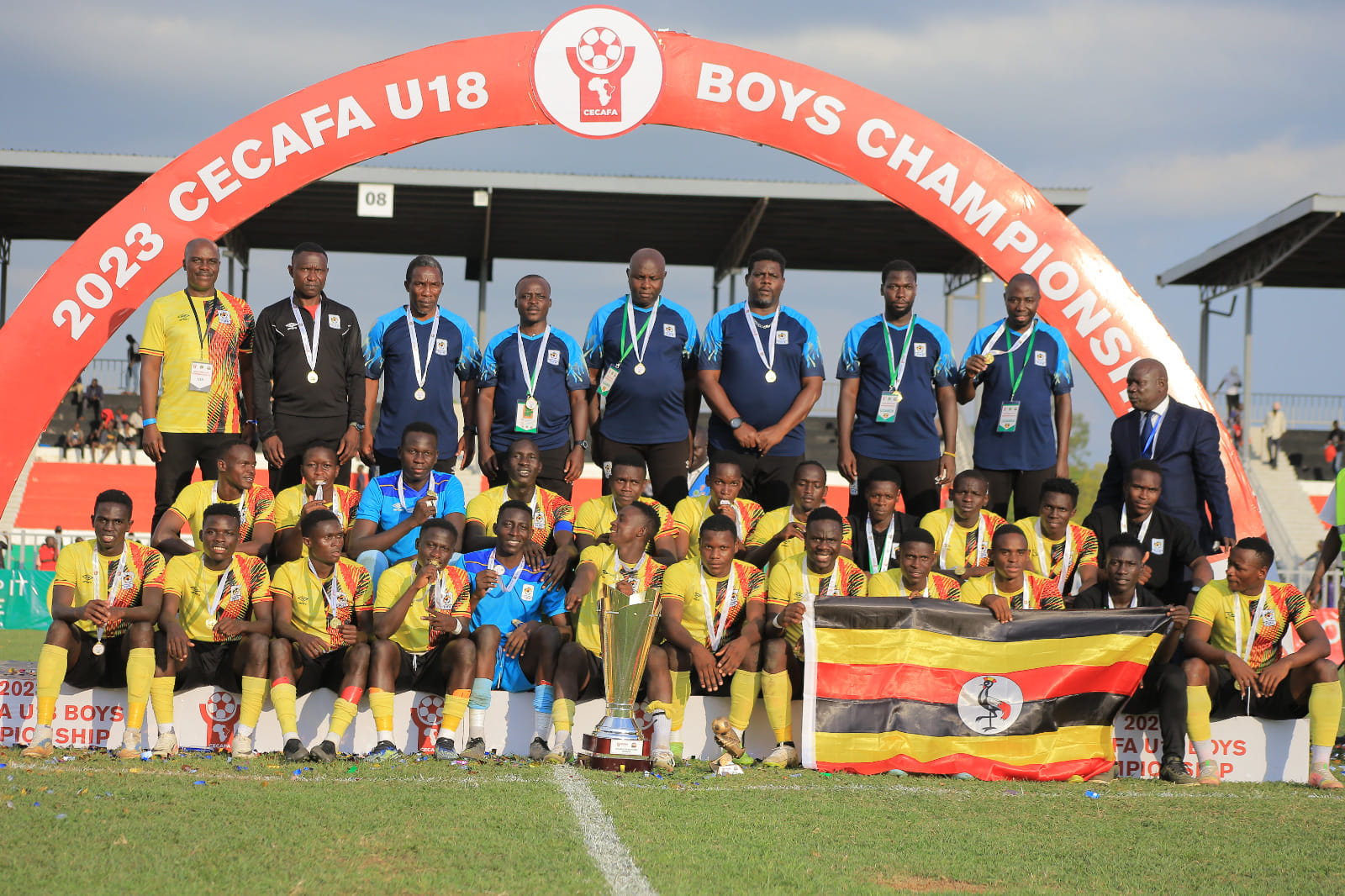In a groundbreaking move, the Federation of Ugandan Football Associations (FUFA) recently approved the double licensing of young players aged 21 and below, allowing them to play for two clubs in a single season, provided they do not compete in the same tier.This strategic decision, coupled with the existence of a vibrant youth league system, has been credited for Uganda’s recent triumph in the CECAFA U18 Boys Championship, where they emerged victorious against Kenya in a thrilling final.According to FUFA officials, the success in the U18 championship is a tangible outcome of this innovative project.The double-licensing initiative is a unique approach, allowing players to simultaneously represent two clubs, albeit in different leagues organized by the same federation.In addition to the double-licensing strategy, Uganda has been fostering talent through the FUFA Juniors League, which initially catered to top-division teams but has now expanded across regions, accommodating more teams and players.This concerted effort to develop youth talent has contributed significantly to the country’s football success.The double-licensing mechanism permits players like Bruno Bunyaga and Ronald Andabati of URA FC to play for Kiyinda Boys in the FUFA Big League, and then seamlessly return to their parent club for Uganda Premier League matches.This flexibility enables young talents to gain valuable playing time and experience across different levels of competition.Uganda down Kenya to win CECAFA U18 titleSeveral other clubs, including BUL FC, Police FC, and Kataka FC, have embraced the double-licensing system, offering players opportunities to feature in lower divisions while maintaining their connection with higher-tier teams.Not only does this arrangement benefit the players individually, but it also strengthens the overall competitiveness of Ugandan football.##NAJAVA_MECA_7729384##FUFA president Moses Magogo emphasized that the introduction of double licensing was a necessary step to enhance player development, especially for those who struggle to secure regular playing time at their clubs.The regulation ensures that double-licensed players cannot participate in the same league and games involving both their parent and secondary teams, preventing conflicts of interest.To qualify for a double license, players must be under 21 years old, and foreign players are explicitly excluded from this arrangement. Only teams in the first and second divisions, namely the Uganda Premier League and the FUFA Big League, can take advantage of the double-licensing option.The regulations also outline that a player can only be double-licensed to a team in a league lower than their parent club’s participation. Each club is allowed a maximum of five double-licensed players, with FUFA urging secondary owners to field these players for at least 70% of their matches.While the double license expires after half a season, FUFA permits renewal provided it is with the same secondary club. This careful regulation ensures that the double-licensing strategy remains a tool for player development rather than creating loopholes for misuse.Uganda’s recent success in the CECAFA U18 Boys Championship stands as a testament to the effectiveness of the double-licensing initiative and the commitment to developing a robust football ecosystem.As the country continues to harness its young talent through innovative approaches, it is poised for sustained success on the football stage.Kibet, Wanzala collect individual awards for CECAFA U18 championship exploits

